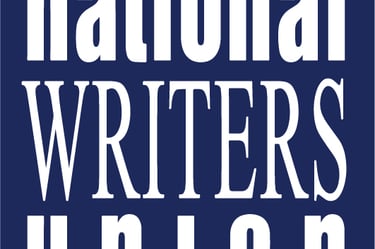Olympic Committee's Beer Sponsorship Ignites Debate Over Alcohol's Role in Sports


In a controversial move, the International Olympic Committee (IOC) recently announced its partnership with beer giant AB InBev. The historic deal, sealed at a London bar, raised both cheers and eyebrows, marking the first-ever collaboration between the Olympics and a beer company. The sponsorship, spanning the next three Olympic Games, including Paris, Milan-Cortina d’Ampezzo, and Los Angeles, is set to redefine the dynamics between sports and alcohol consumption. While some view this partnership as a lucrative opportunity for the IOC to generate revenue and enhance the overall spectator experience, others are concerned about the potential negative impact of alcohol sponsorship on athletes and the integrity of the Olympic Games. The debate over alcohol's role in sports has been reignited, prompting discussions on the responsibility of sporting organizations towards promoting healthy lifestyles. Proponents argue that the IOC's partnership with AB InBev will bring significant financial benefits to the Olympic Games. The revenue generated from the sponsorship can be used to improve infrastructure, support athletes, and enhance the overall experience for spectators. They believe that responsible alcohol consumption can be a part of the celebration and camaraderie associated with sports events, as long as it is done in moderation and within legal limits. On the other hand, critics express concerns about the potential negative consequences of associating alcohol with sports. They argue that alcohol consumption and elite athletic performance do not go hand in hand. Alcohol can impair judgment, coordination, and physical performance, which are crucial elements in competitive sports. Furthermore, the promotion of alcohol through sponsorship may send conflicting messages to young athletes and fans about the importance of a healthy lifestyle. The debate over alcohol's role in sports is not new. In the past, there have been discussions about the influence of alcohol advertising on young people and the normalization of excessive drinking. Many sporting events have taken steps to restrict or regulate alcohol consumption, recognizing the potential harm it can cause to athletes and the overall image of the sport. The IOC's decision to partner with AB InBev has sparked a broader conversation about the responsibility of sporting organizations in promoting healthy behaviors. Some argue that the IOC should prioritize the well-being of athletes and the integrity of the Olympic Games over financial gains. They believe that the Olympics should be a platform to inspire and promote healthy lifestyles, rather than endorsing products that may have negative health effects. In conclusion, the IOC's beer sponsorship has ignited a debate over alcohol's role in sports. While some see it as a lucrative opportunity to enhance the Olympic Games, others express concerns about the potential negative impact on athletes and the promotion of unhealthy behaviors. As the debate continues, it is important for sporting organizations to carefully consider the long-term effects of partnerships and prioritize the well-being of athletes and the integrity of the sport.




